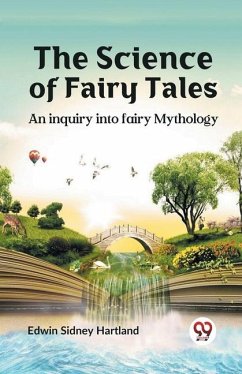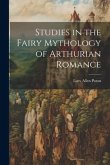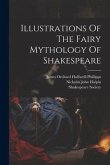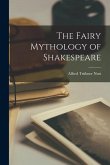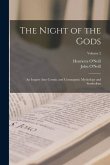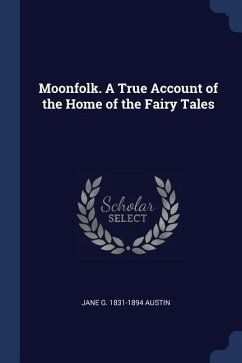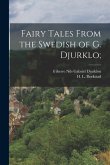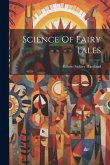"The Science of Fairy Tales" by Edwin Sidney Hartland is a groundbreaking text that delves into the intriguing field of folklore, with a particular emphasis on the origins, meanings, and cultural value of fairy tales. Hartland's work represents a forerunner in the intellectual study of folklore and mythology. Some stories are brutal and weird, while others creep up on you and draw you in slowly. This edition of "The science of fairy tales" is both modern and legible, with an eye-catching new cover and professionally typeset manuscript. Hartland's approach is both broad and analytical, as he looks for common threads that connect fairy stories from various civilizations around the world. He delves into the psychological, sociological, and symbolic components of these stories in order to comprehend the underlying human motives, concerns, and desires portrayed in these timeless tales. Hartland sheds light on the universal themes and motifs that persist in fairy tales independent of cultural origin through meticulous research and a comparative approach.
Hinweis: Dieser Artikel kann nur an eine deutsche Lieferadresse ausgeliefert werden.
Hinweis: Dieser Artikel kann nur an eine deutsche Lieferadresse ausgeliefert werden.

